This post explains how to call your own family, somebody else’s family and what word to use when you talk about your family.
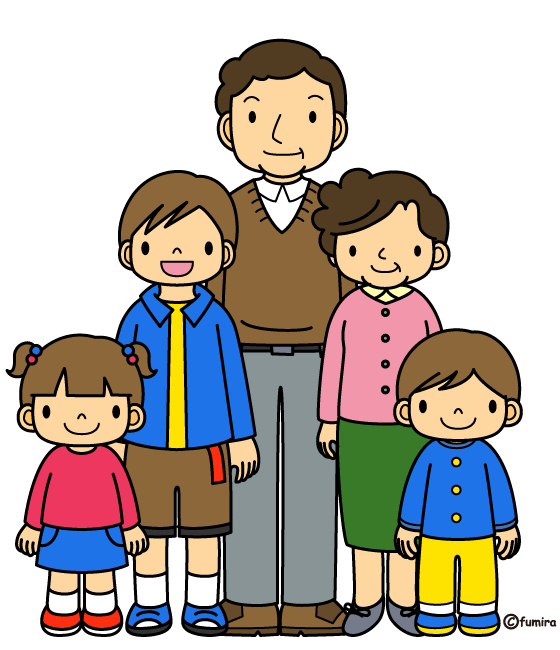

This post explains how to call your own family, somebody else’s family and what word to use when you talk about your family.
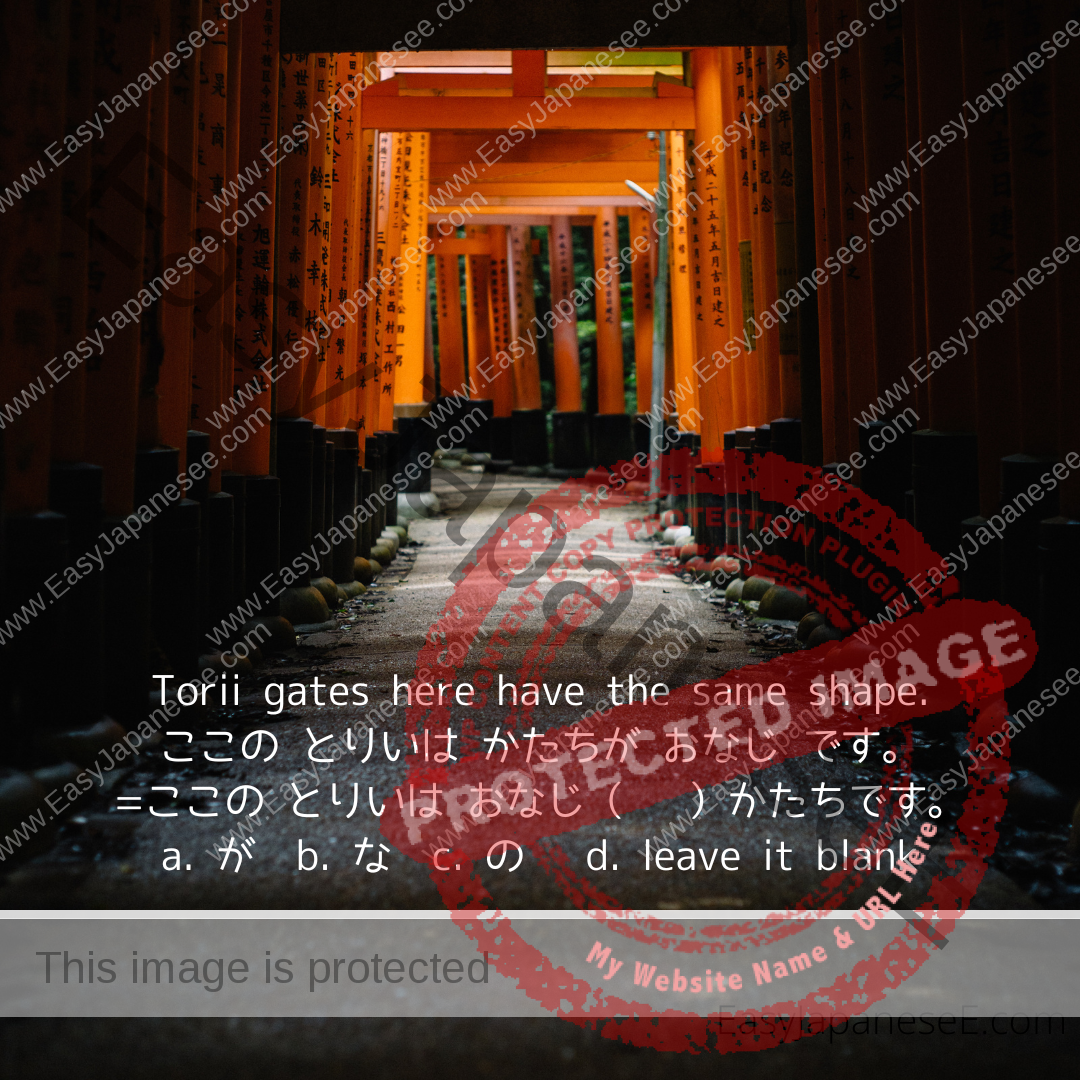
おなじ is a frequently used word meaning “the same” or “identical.” Native speakers use it very often but it does not get classified into parts of speech easily.
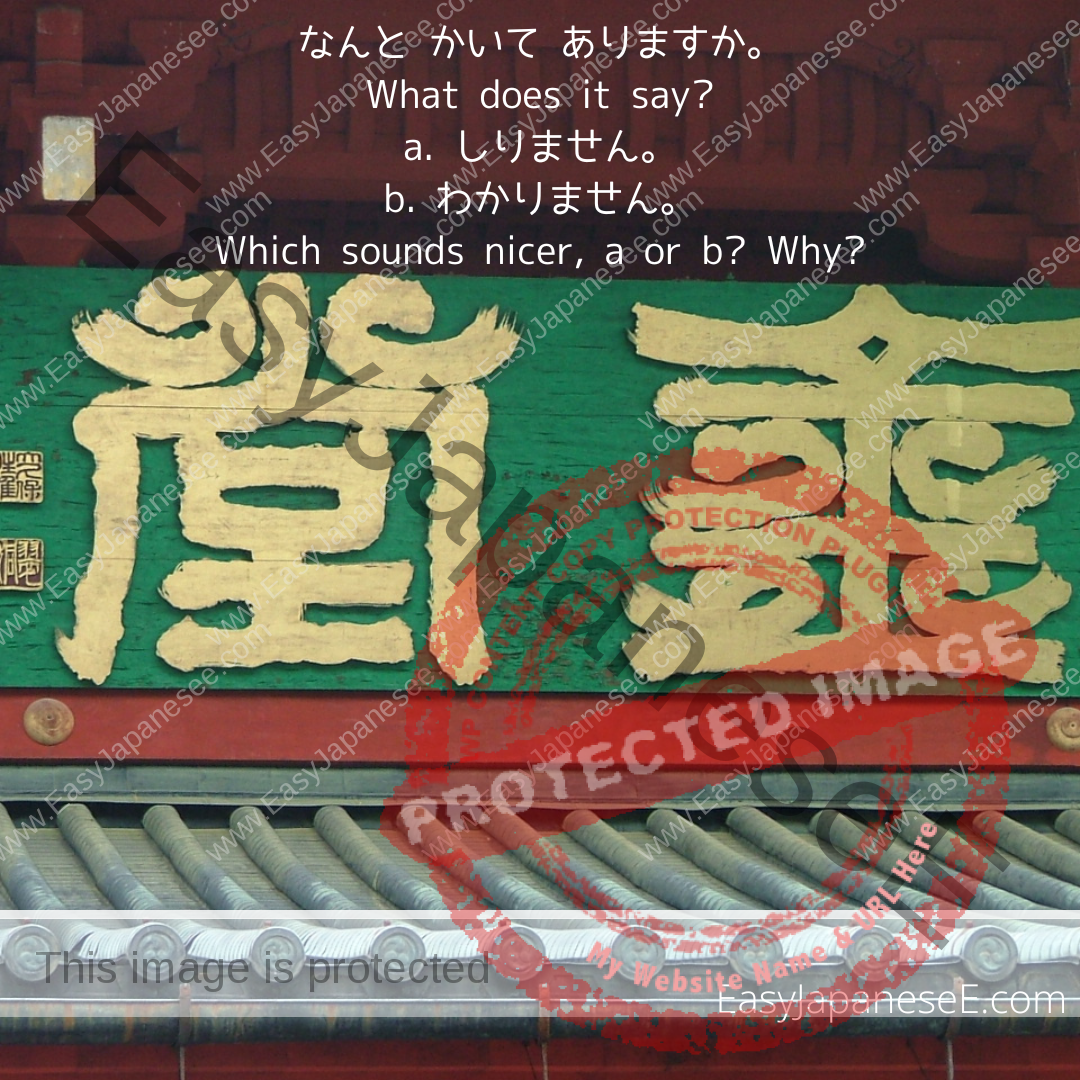
しりません is often believed to be the equivalent of “I don’t know” in English, but しりません doesn’t get perceived very well. This is why.
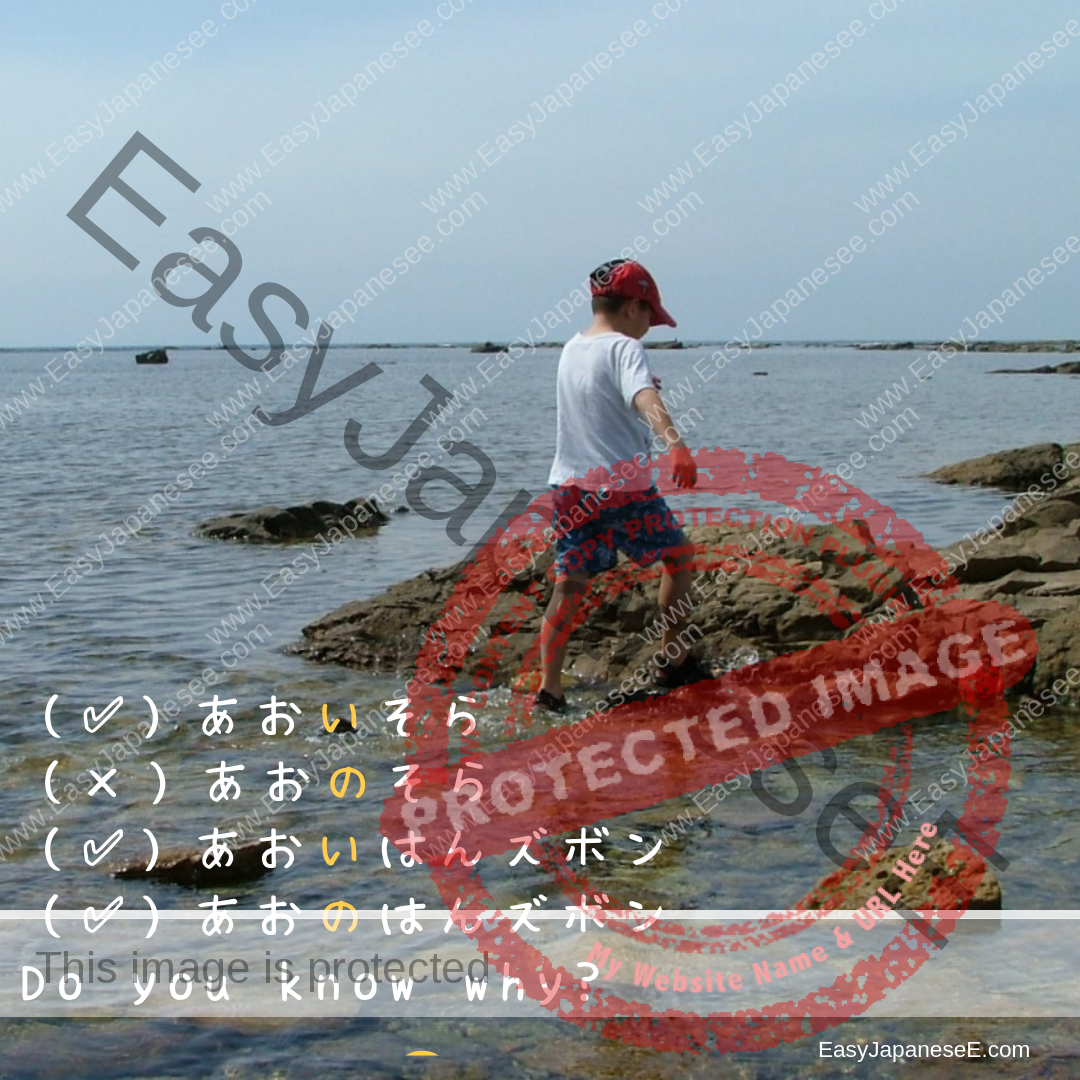
This post explains when 青い (adjective) and 青の (noun + の) are interchangeable or not. The same rule applies to all colour いadjectives.
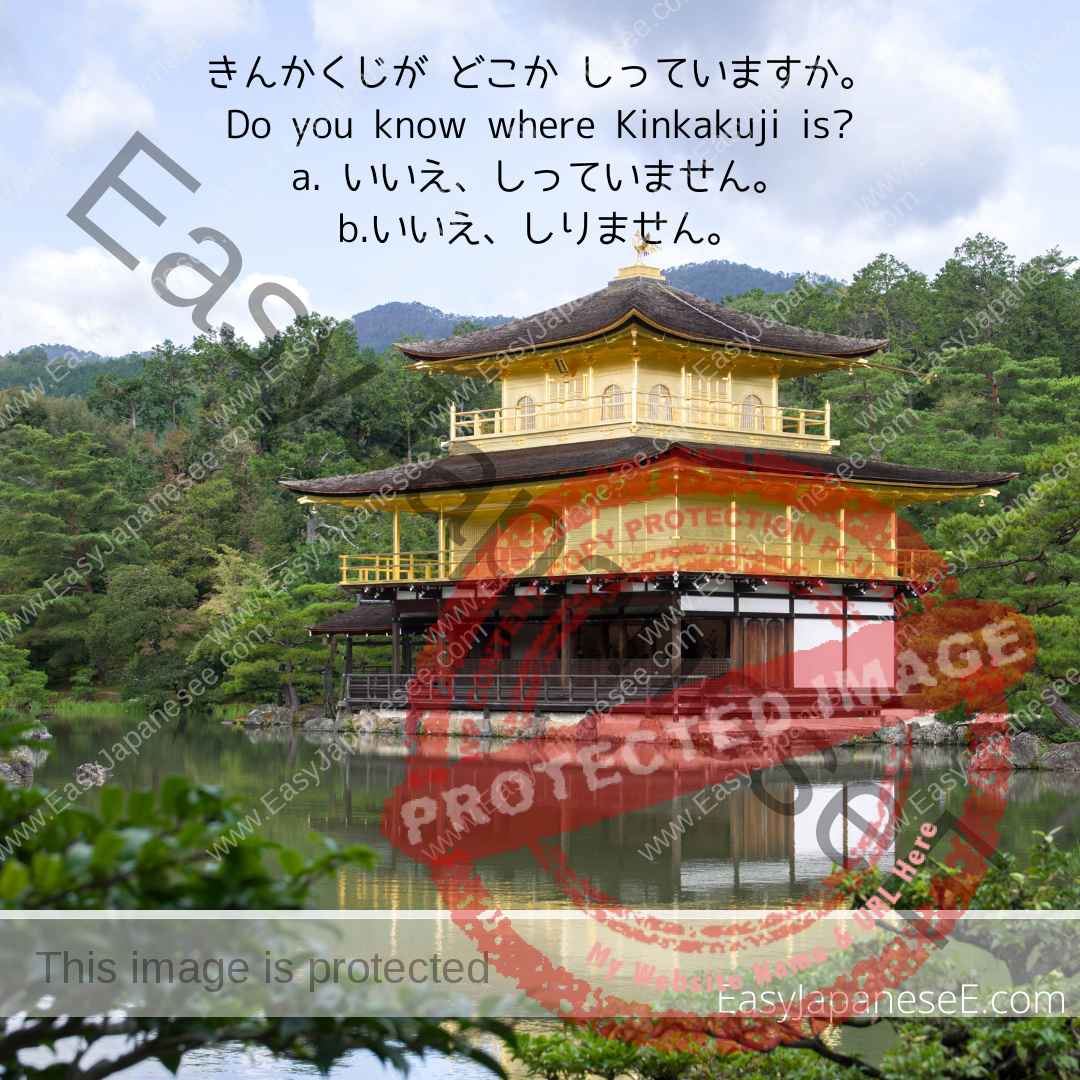
The English verb “to know” is usually translated as しっています in Japanese but the opposite, “not knowing” is NOT しっていません. This post explains why.
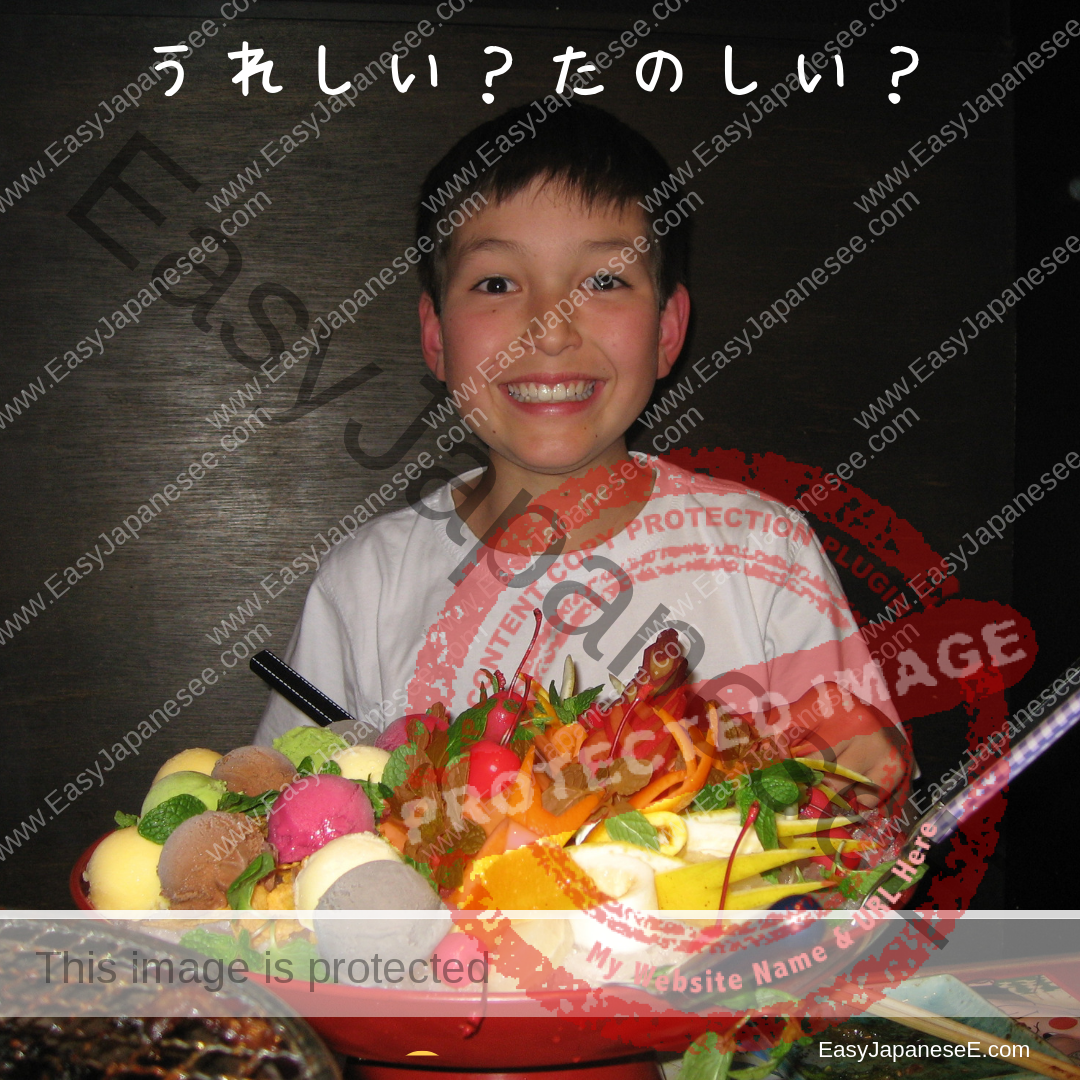
うれしい and たのしい can be used to describe a “happy” feeling, but they are not always interchangeable. This article explain the difference between the two.

Reading a #number in a foreign language can sometimes be tricky. This post explains how to read a temperature in Japanese.
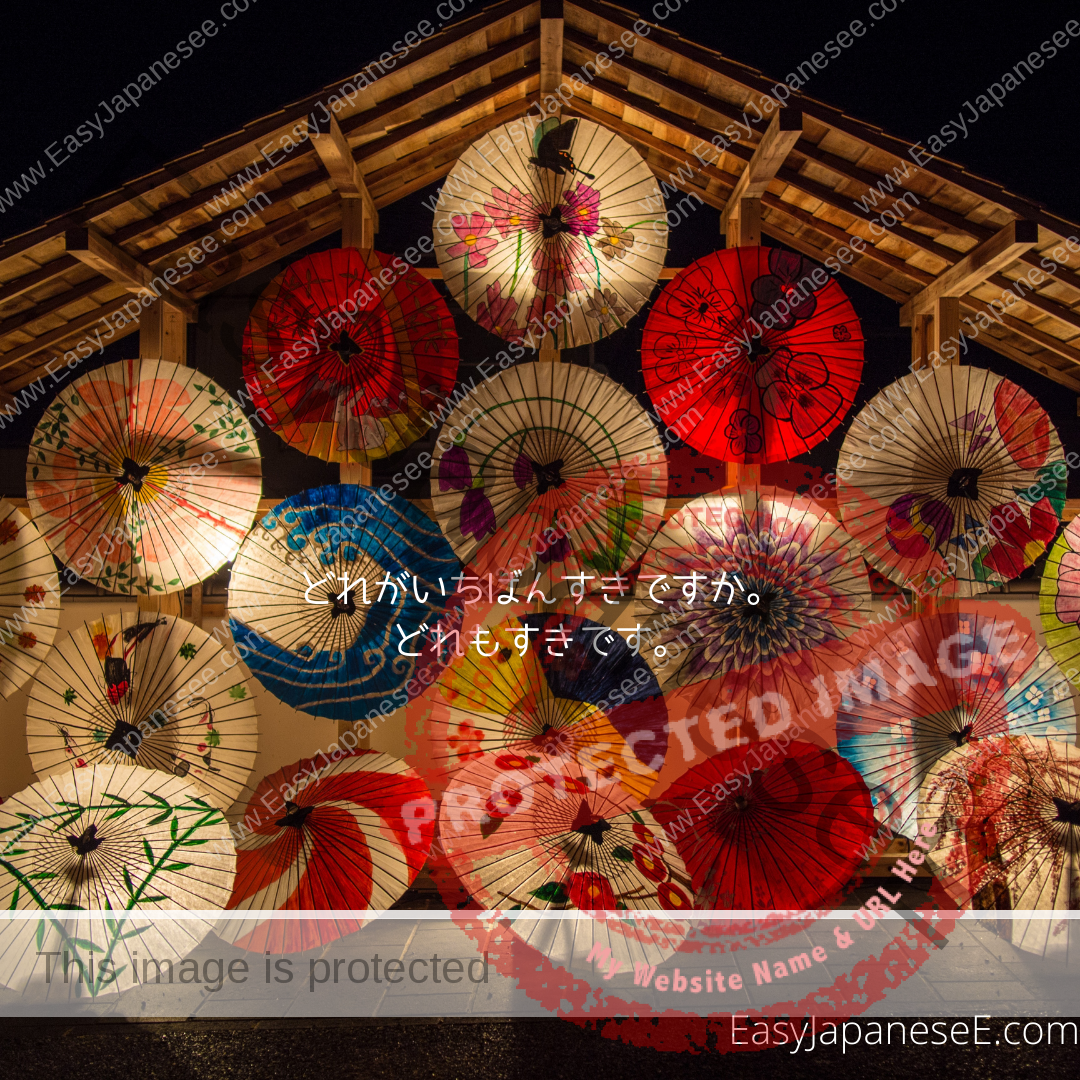
Adding か after a question word makes it an indefinite pronoun like “some…”. Adding も makes it “any…” but you need to be careful combining with a particle.
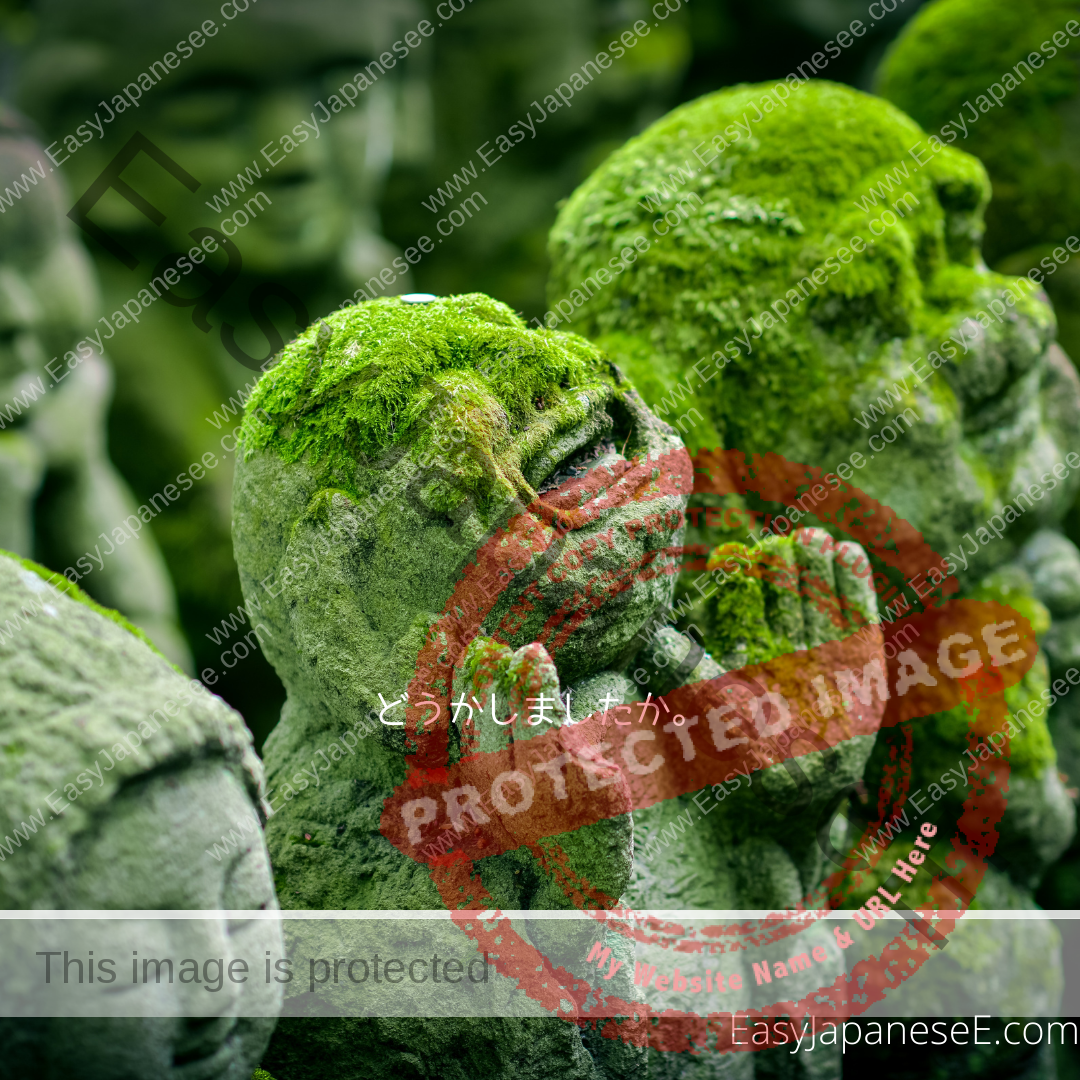
If you add か after question words, いつ、どこ、だれ、なに、なぜ、どう, いつか、どこか、だれか、なにか、なぜか、どうか become an indefinite pronoun, sometime, somewhere, someone, etc.
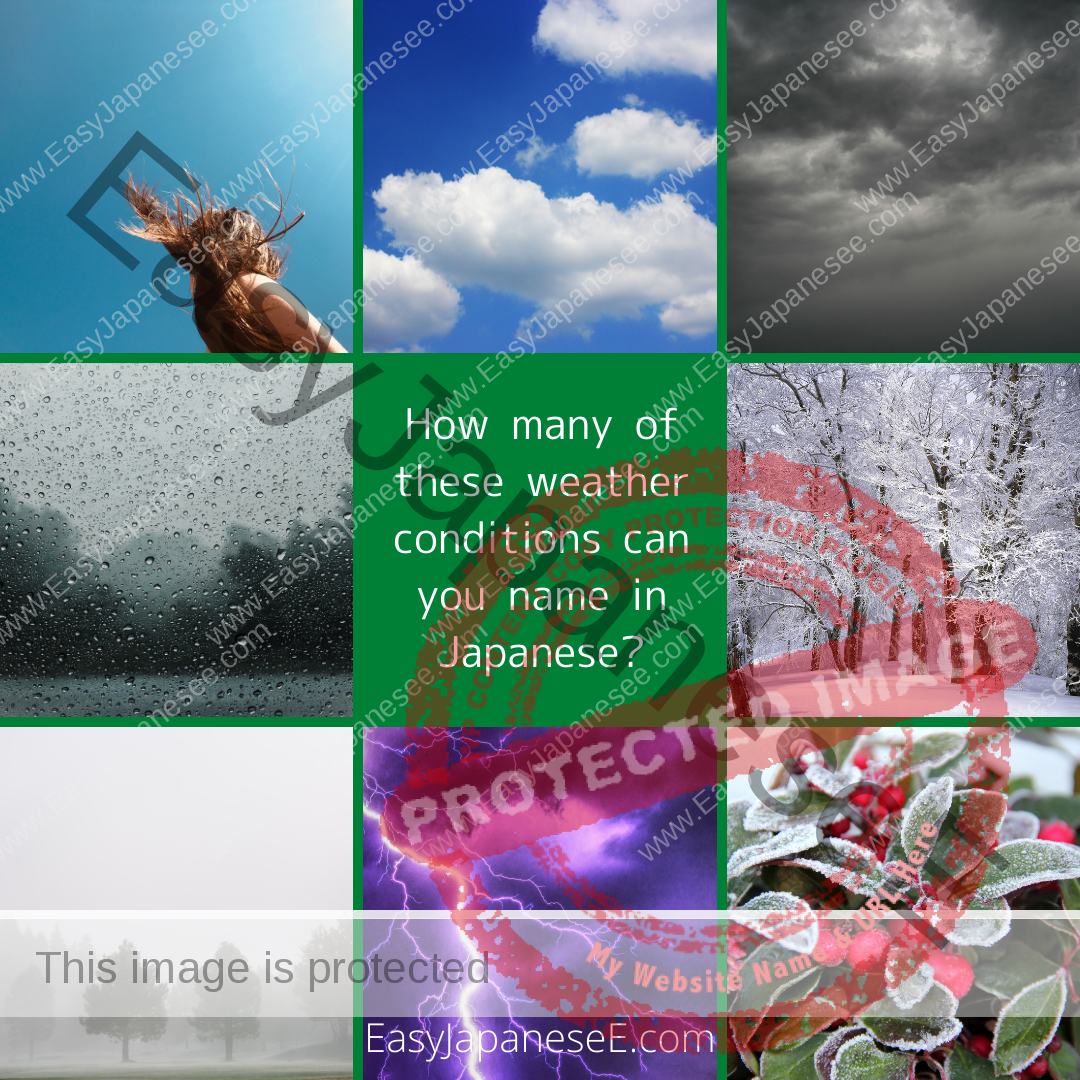
Weather is always a good topic to start a conversation on. This post introduces and explains common weather 天気 (てんき) related words and expressions in Japanese.
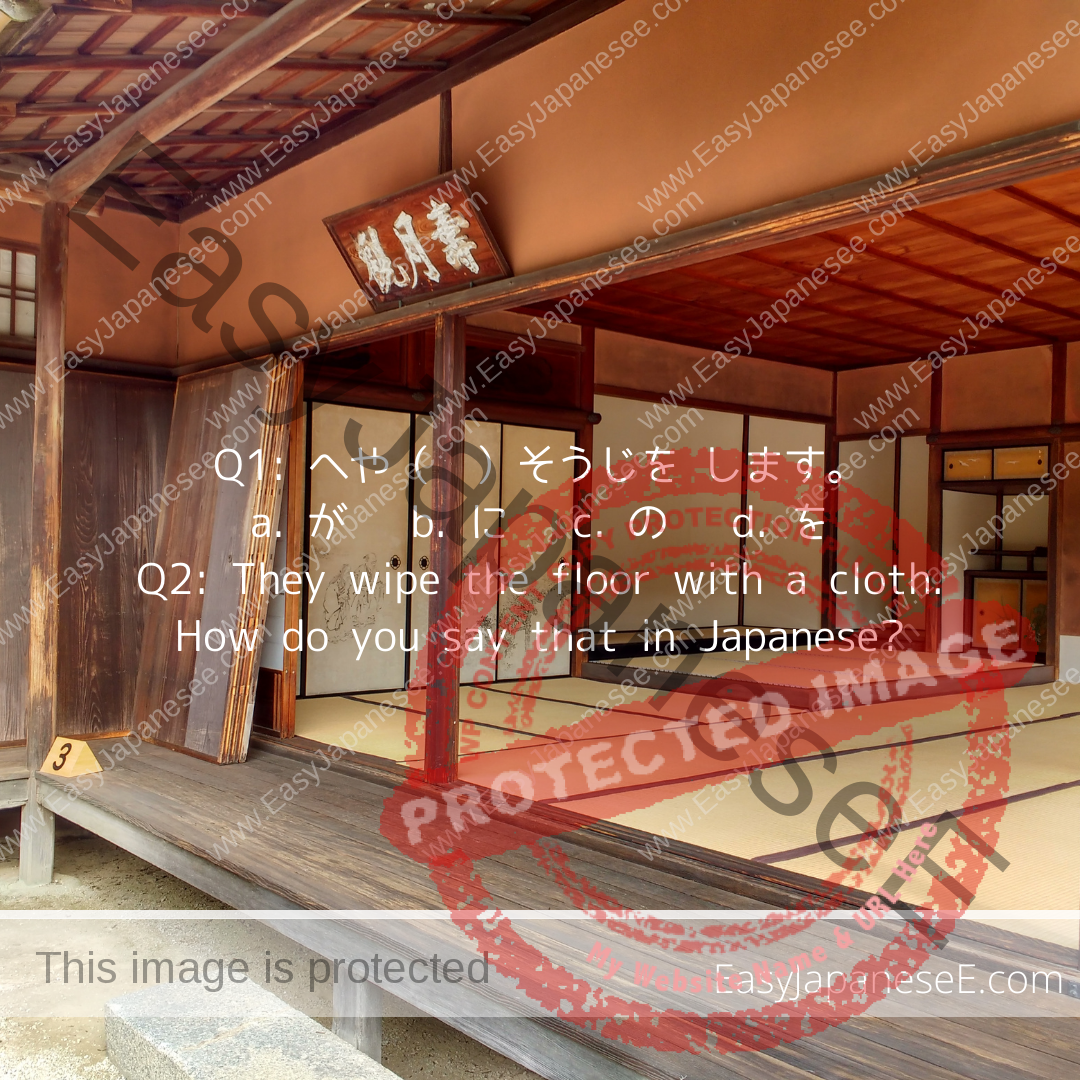
そうじ is the generic Japanese noun for “cleaning.” This post talks about various Japanese words related to “cleaning” and some traditional cleaning tools.
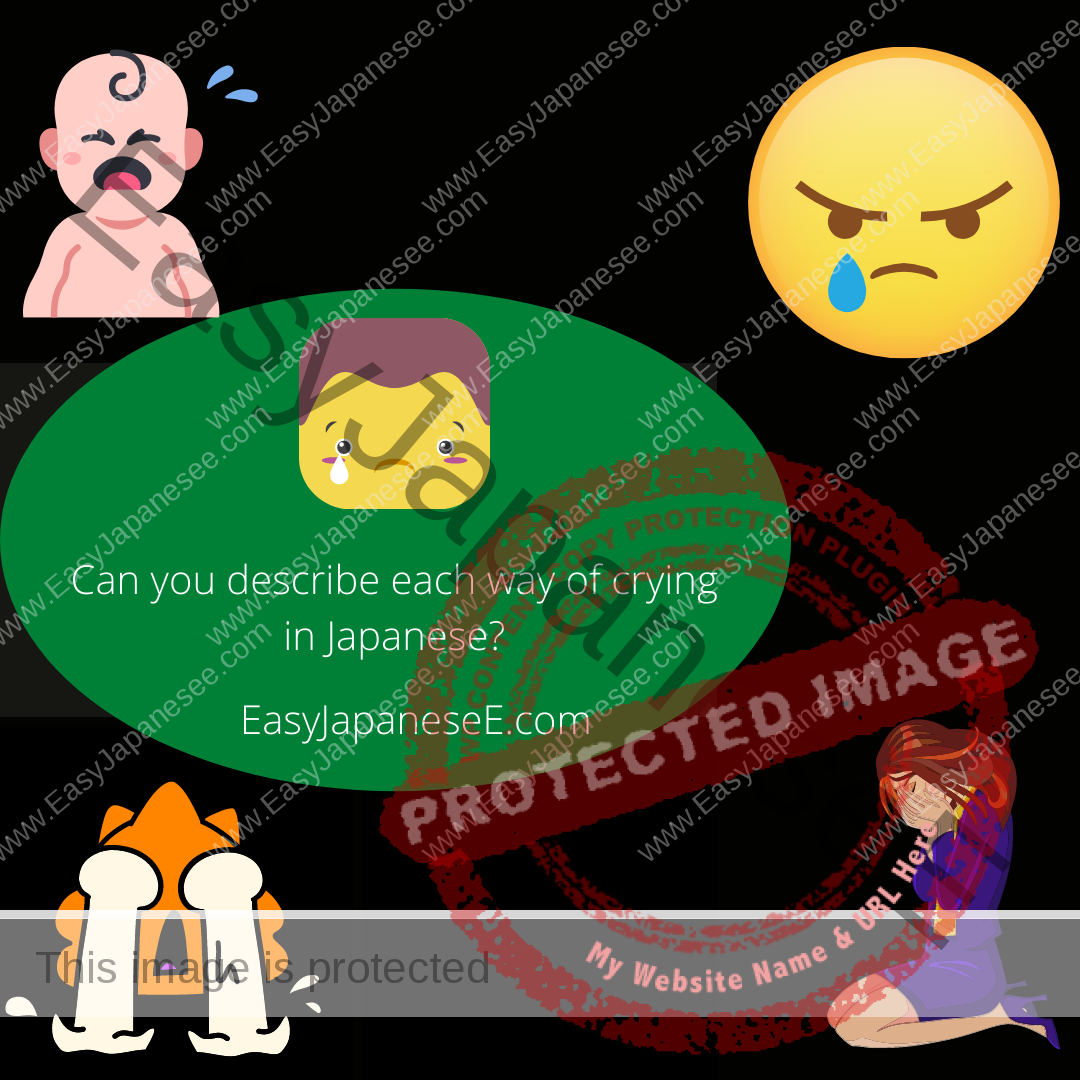
This post is about different ways of crying, which is often described with なく in Japanese. Read example sentences for different ways of crying.
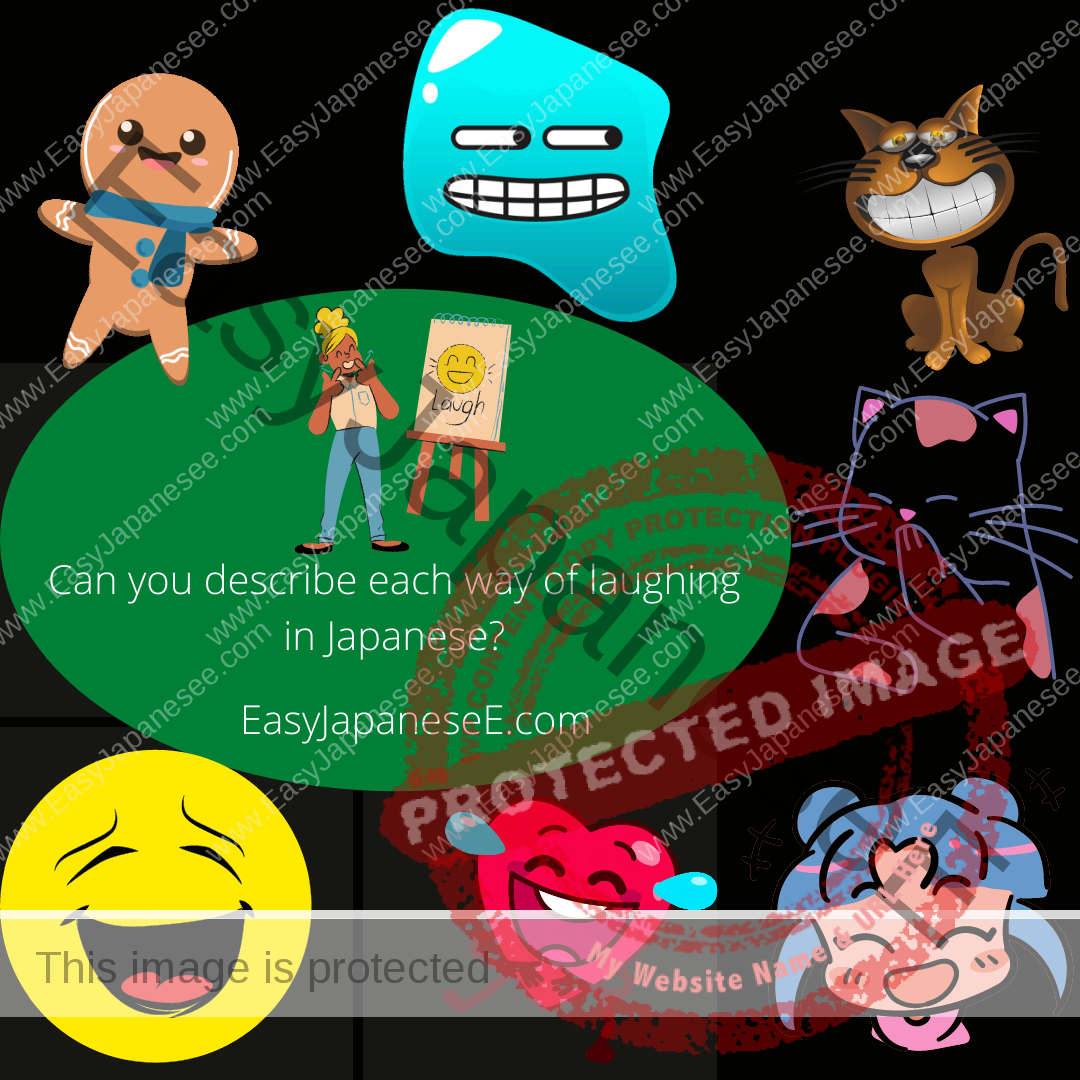
This post is about laughing. The most common Japanese word for “to laugh” is わらう and by adding something to it, we can describe different ways of laughter.
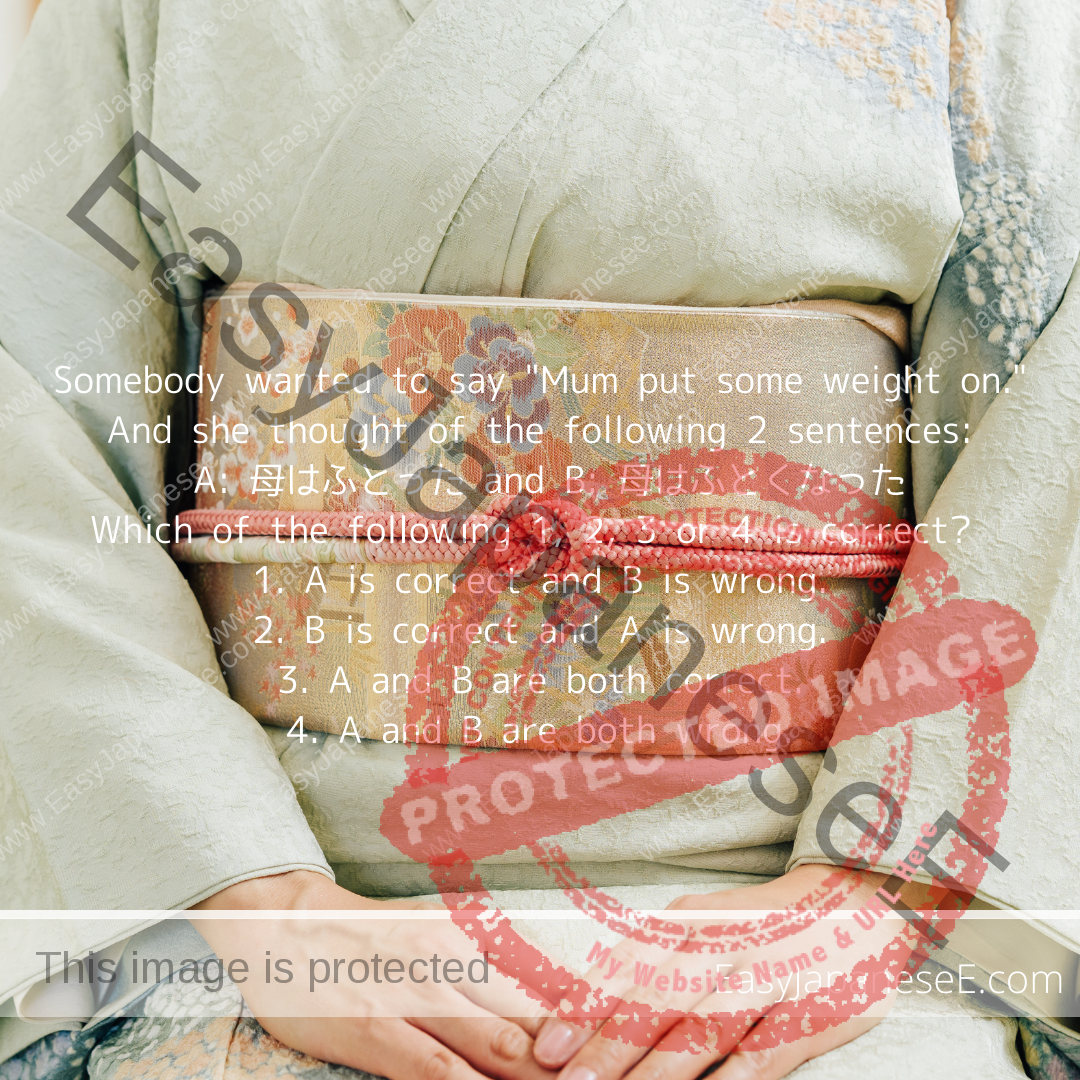
Today’s topic is difference betweenふとい and ふとる. If you understand this difference, you will never be confused between ふとい and ふとっている or ふとる and ふとくなる again.
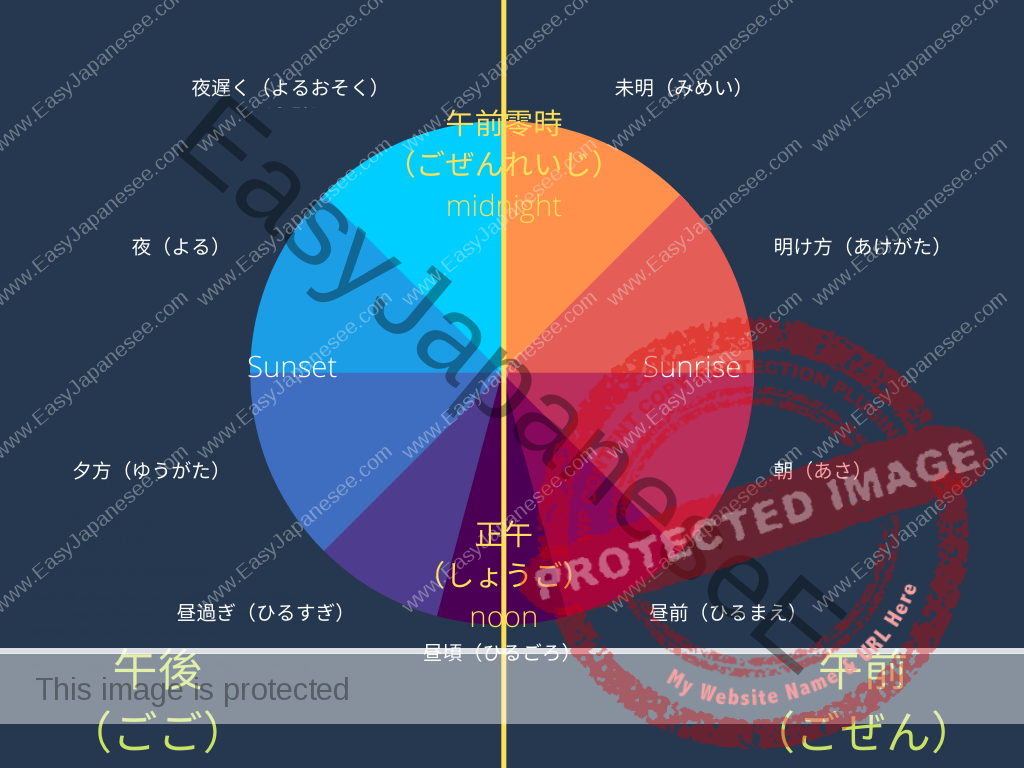
Learn what time phrase we can use for each time of the day in Japanese as well as what we say for “every morning,” “every night,” etc. in Japanese.

The “xxxは△△△です。” pattern is not only for describing people but can be used for describing occasions and items as well. Use this page for vocab building.
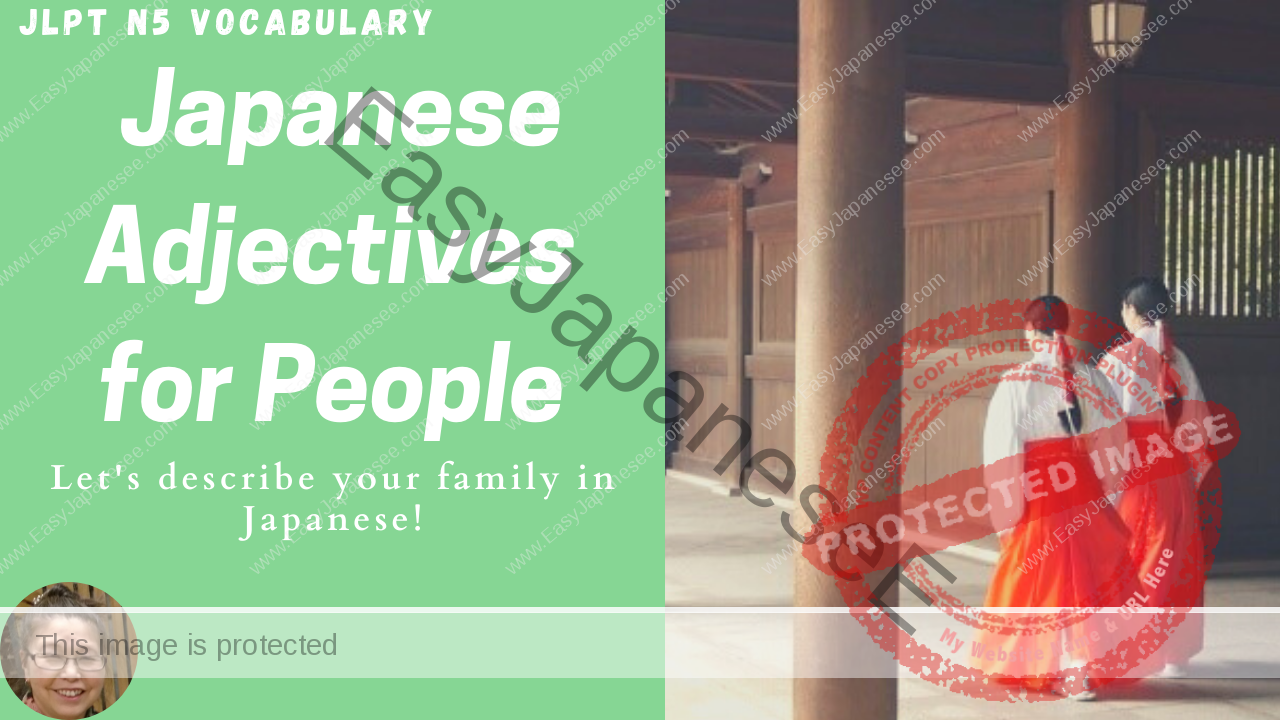
This page has a list of many adjectives that can be used to describe people as well as words to refer to your own family members.

This post explains how you can introduce yourself in Japanese. It has a list of occupations and you can learn to count up to 100 here.

When you want to attract attention of a stranger, how do you call him/her? That’s not easy in any language. This post explains how to address people in Japanese

Today’s post is about how to refer to one’s child(ren) in Japanese such as my oldest child, my second son, a daughter-in-law, etc.
